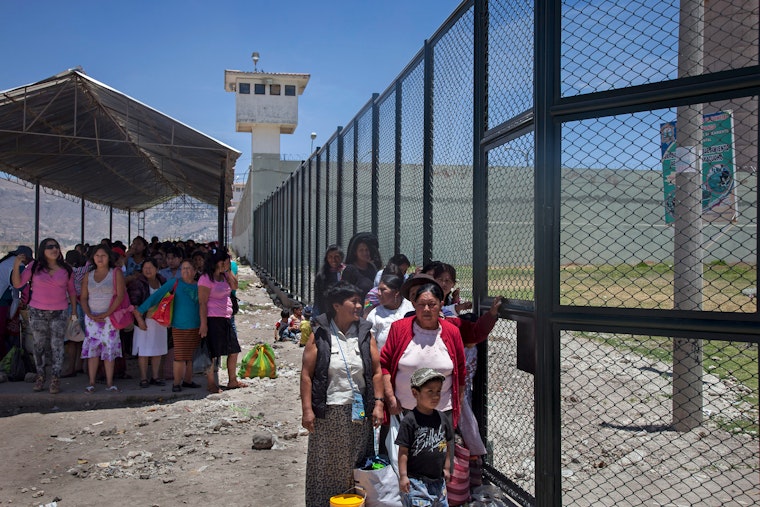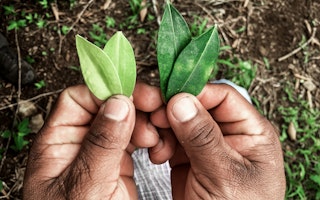We Must Not Forget the Children of the Incarcerated
By Estefanny Sessa

Earlier this month, Gurises Unidos and Church World Service launched a report titled Childhood That Matters: The Impact of Drug Policy on Children of Incarcerated Parents in Latin America and the Caribbean. It examines how children’s rights are affected by drug policy and parental or caretaker incarceration.
I am from Malvin Norte, a marginalized neighborhood outside of Montevideo, Uruguay. The majority of my neighborhood’s inhabitants do not have formal work; in order to survive and to support their families, they collect and separate garbage. Many of them also sell drugs. My father was one of those people.
I shared my experience with the researchers to shed light on how current drug policies break apart families, reinforce destructive patterns of behavior, and harm children who have nowhere to turn. My story is just one of thousands of stories of children in Latin America and the Caribbean whose parents have been incarcerated for nonviolent drug offenses.
One day, when I was 15 years old, while my younger brother and I were leaving for school, we were stopped by police officers. They were conducting raids in our neighborhood. They searched both of us and entered our home. They found drugs, and then detained and arrested my father. They didn’t tell us what we needed to know about the process to come. We didn’t even know when he would return home.
After that, our lives changed forever. I dropped out of school and focused on making an income. We spent hours commuting to the prison to visit my father. Because prison authorities didn’t provide him with many basic goods, we had to purchase and deliver food, hygienic products, and clothes. These visits often involved violent and unnecessary bodily searches. Sometimes, they tossed out what we’d brought our father rather than give it to him.
Sadly, our experience was not unique.
In Childhood That Matters, researchers focused on the relationships between incarcerated parents and their children, and included testimonies from 70 children—myself included—who have relatives in prison for nonviolent drug offenses in Mexico, Colombia, Chile, Costa Rica, the Dominican Republic, Brazil, Uruguay, or Panama. The study concluded that approximately 2,300,000 children in the region have incarcerated parents—and 500,000 of that total are like me, with parents who are incarcerated for drug offenses.
The report outlines recommendations that can lead to reform that will protect and support children, including:
- involve children and youth, including children of incarcerated parents, in all discussions on public policies, legislation, and decisions that affect them either directly or indirectly
- ensure the participation of children and youth in the design, implementation, and evaluation of these policies
- create listening spaces for children and youth with incarcerated caretakers
- include teams of psychologists, social workers, and intermediaries in educational institutions who are trained to provide care for children and their families
- ensure that the caretaker is held in the prison closest to where his or her children live
My life was turned upside down when I was a teenager. I learned, firsthand, that a prison sentence ultimately affects entire families, not only the convicted. My hope is that policymakers will keep children and young people like me in mind as they legislate drug policy, and that they understand how their decisions extend well beyond the justice system, into communities who are already living on the margins.
Gurises Unidos and World Church Service are grantees of the Open Society Foundations.
Estefanny Sessa is a member of a youth volunteer group organized by Gurises Unidos.

